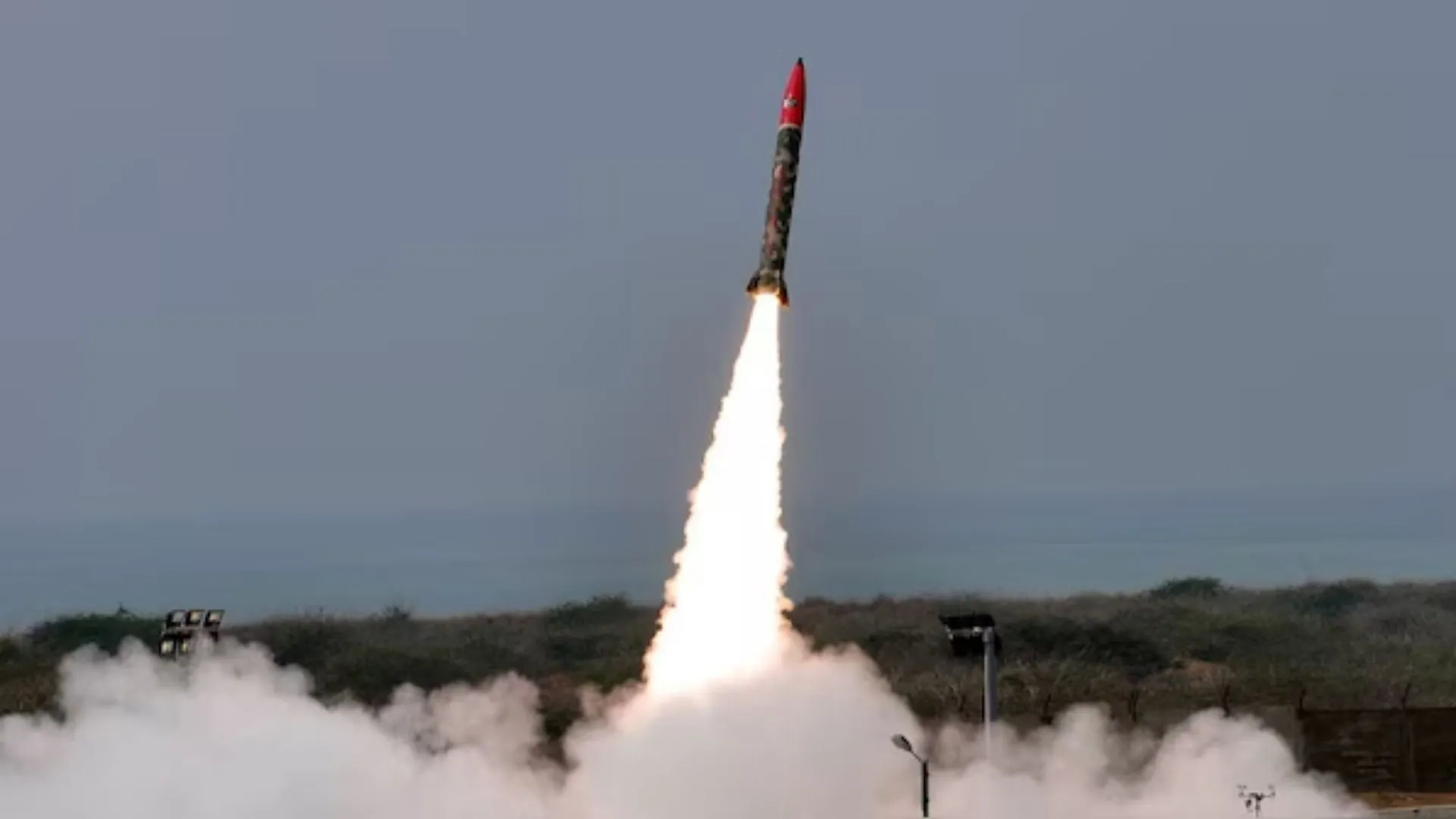In a critical development amid rapidly escalating military tensions, Indian air defense systems successfully intercepted a volley of Fatah-1 and Fatah-II surface-to-surface missiles (SSMs) launched by Pakistan late Friday night. Military sources confirmed that India’s Akash and Barak-8 missile systems neutralized the incoming threats, averting potential damage and further destabilization.
The Fatah-1 and Fatah-II, short-range ballistic missiles developed by Pakistan with strike ranges of approximately 140 km and 400 km respectively, represent a key component of Pakistan’s conventional military strategy. These missiles are designed for high-precision targeting and are often viewed as part of Islamabad’s counter to India’s Cold Start doctrine. The Indian intercepts demonstrate the increasing readiness and sophistication of its integrated air defense grid, with systems like Akash (indigenously developed) and Barak-8 (developed in collaboration with Israel) proving effective against a spectrum of aerial threats, including ballistic missiles.
This high-stakes interception follows a string of military escalations along the India-Pakistan border. On May 9, BBC News reported that Pakistan claimed 31 civilians were killed in Indian air strikes targeting what New Delhi has called “terror infrastructure” in Pakistan and Pakistan-occupied Kashmir (PoK). India has defended its operations as “measured and proportionate,” citing the April 22 attack in Pahalgam, Jammu & Kashmir, that killed 26 civilians—mostly tourists—as the trigger. Pakistan has refuted India’s claims, asserting that the targets were civilian areas and denying the presence of militant groups.
The situation further deteriorated when Pakistan launched coordinated drone and missile attacks on 26 Indian locations, including military bases in Udhampur, Nagrota, and Pathankot, according to The Times of India. In response, India executed a massive anti-drone operation, employing L-70 and Zu-23mm guns, along with advanced anti-drone systems, to shoot down over 50 swarm drones. Additionally, in the Naushera sector, Indian forces destroyed two Pakistani UAVs amid heavy artillery exchanges.
Reports from western India continue to signal distress. Civilians in Jaisalmer and Bikaner reported missile sightings and explosions overhead. The Indian Army confirmed that all threats in the region were “neutralized” with no reported casualties. Meanwhile, Indira Gandhi International Airport in Delhi resumed full operations Saturday morning, though heightened security measures remain in place and advisories have been issued for air travelers.
This week’s exchanges represent one of the most intense military escalations in the region in over a decade. A 2024 analysis by The Diplomat warned that evolving missile technologies—such as Pakistan’s Fatah-II—could destabilize strategic balances in South Asia by compressing response timelines and increasing the temptation for preemptive strikes.
With both nations locked in tit-for-tat military operations and nationalist sentiments rising on both sides, the risk of miscalculation remains dangerously high. The international community, including the United Nations, United States, and European Union, continues to call for immediate de-escalation and a return to diplomatic channels.
As the standoff deepens, observers fear that the region may be edging closer to a confrontation neither side can afford.













